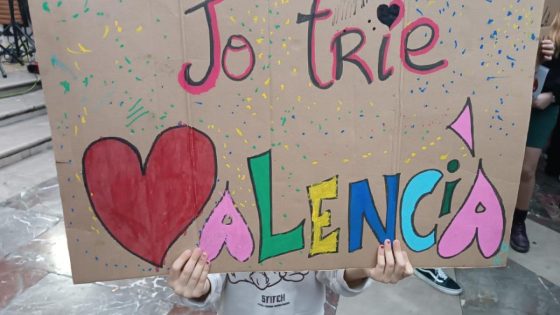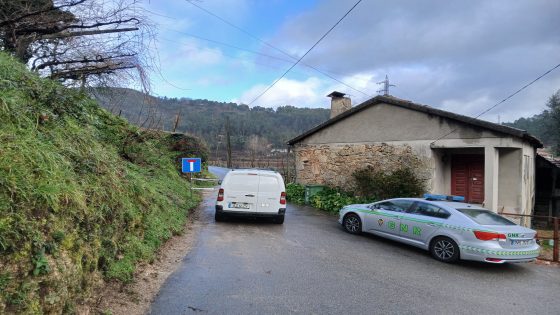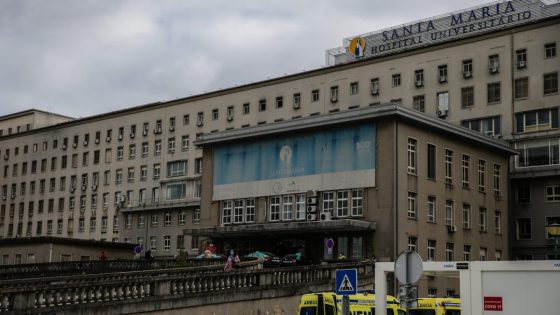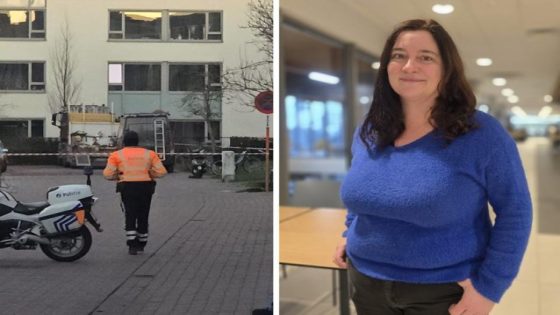Starting February 25, 2025, around 570,000 families in the Valencian Community will vote on whether to teach in Catalan or Spanish. This consultation raises questions about language segregation in education. Why does this matter?
- 570,000 families in Valencia to vote on language.
- Consultation aims to address linguistic segregation.
- Majority choosing Spanish could reduce Catalan presence.
- Strong opposition from educators and civil society.
- Concerns over weakening social cohesion and education.
- Allegations of authoritarianism in Valencia's government.
The outcome could significantly impact the presence of Catalan in schools, affecting children’s learning of their native language.
Valencian Language Consultation: A Decision with Cultural Implications
What does this vote mean for the future of education in the Valencian Community? Families must choose between Catalan and Spanish, a decision that could reshape the educational landscape. The consultation, running until March 4, 2025, has sparked controversy and resistance from the community.
Impact of Language Choices on Education in Valencia
The decision made by families will directly influence the educational framework in Valencia. Critics argue that opting for Spanish could further diminish the role of Catalan in schools, leading to a fragmented educational system. This initiative is seen as part of a broader strategy to undermine the normalization of Catalan in education.
Concerns Raised by Educators and Families in Valencia
Many educators and families are voicing their concerns regarding this consultation. They believe it threatens the cultural identity of the region and could lead to:
- Increased segregation in educational institutions.
- Weakened learning opportunities for children in their native language.
- Potential social fragmentation within communities.
- Challenges to the preservation of Catalan culture.
Government’s Role in the Language Debate
The Valencian government’s push for this consultation has been met with accusations of authoritarianism. Critics argue that the current administration is prioritizing political agendas over educational needs. This raises questions about the role of government in shaping educational policies and cultural identity.
Looking Ahead: The Future of Language in Valencian Education
As families prepare to vote, the future of language instruction in Valencia hangs in the balance. Will the choice reflect a commitment to cultural preservation, or will it lead to further marginalization of the Catalan language? The outcome of this consultation will have lasting effects on the region’s educational landscape and cultural identity.
In conclusion, the upcoming vote in the Valencian Community highlights the ongoing struggle between language and identity in education. It serves as a reminder of the importance of preserving cultural heritage in an increasingly globalized world.






























